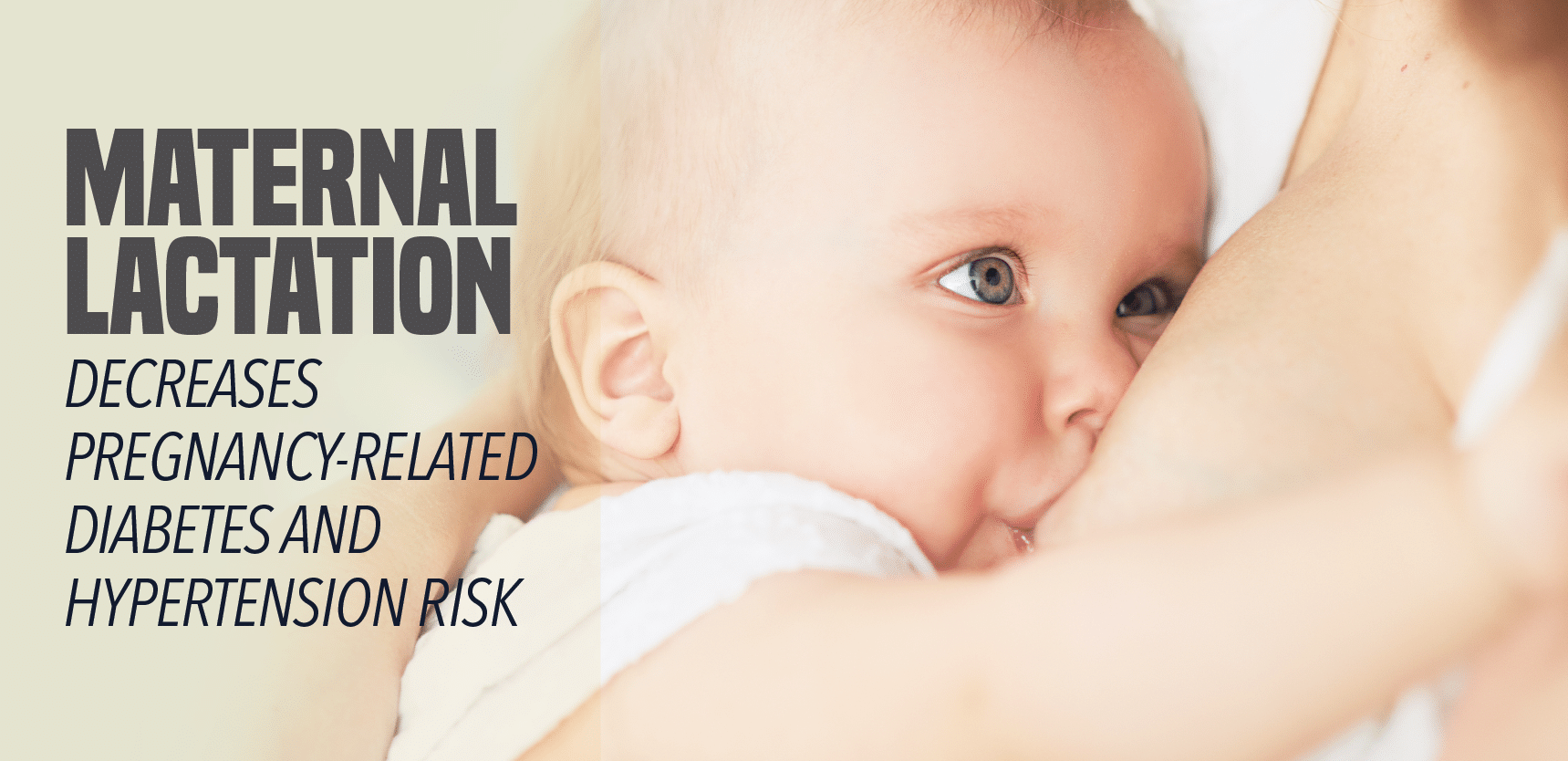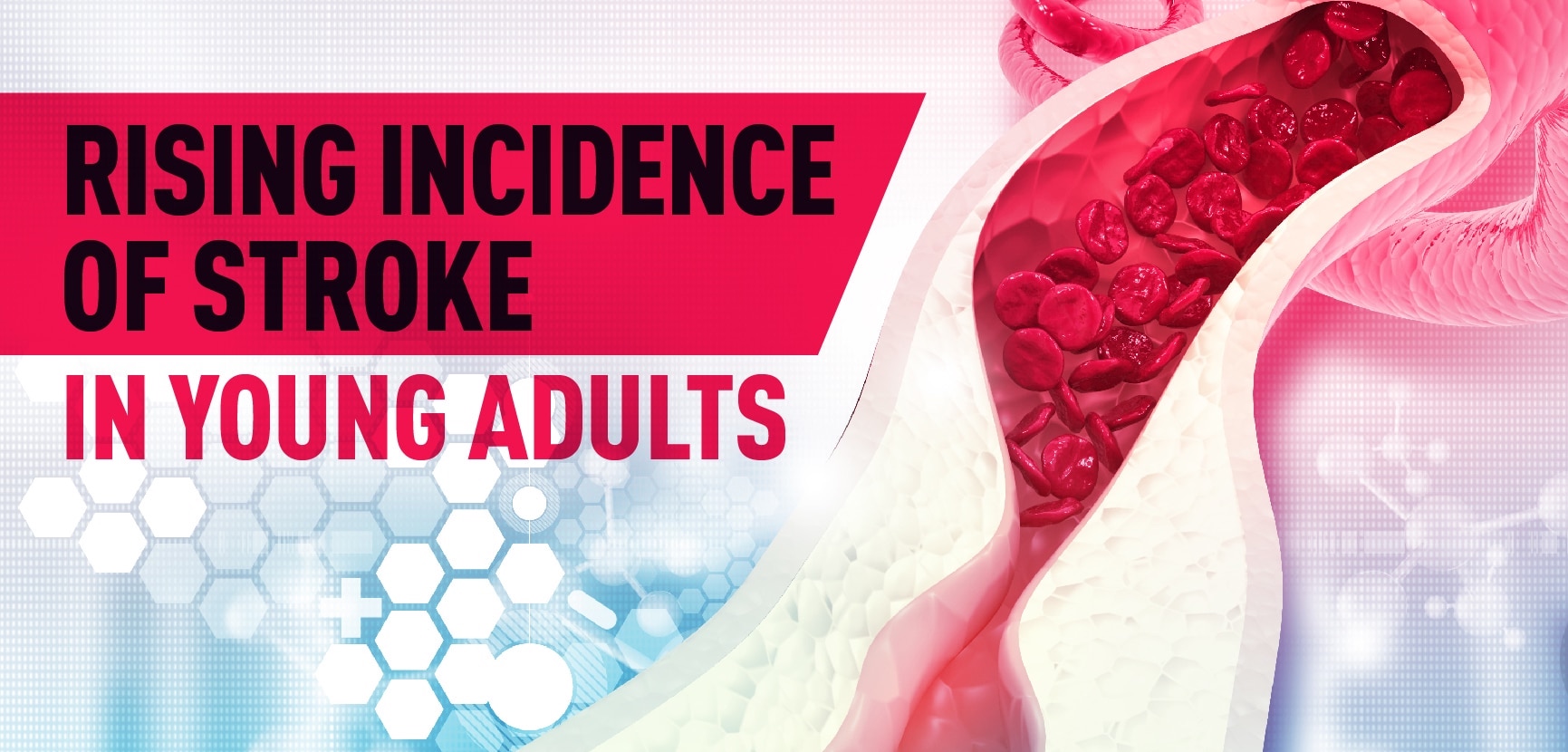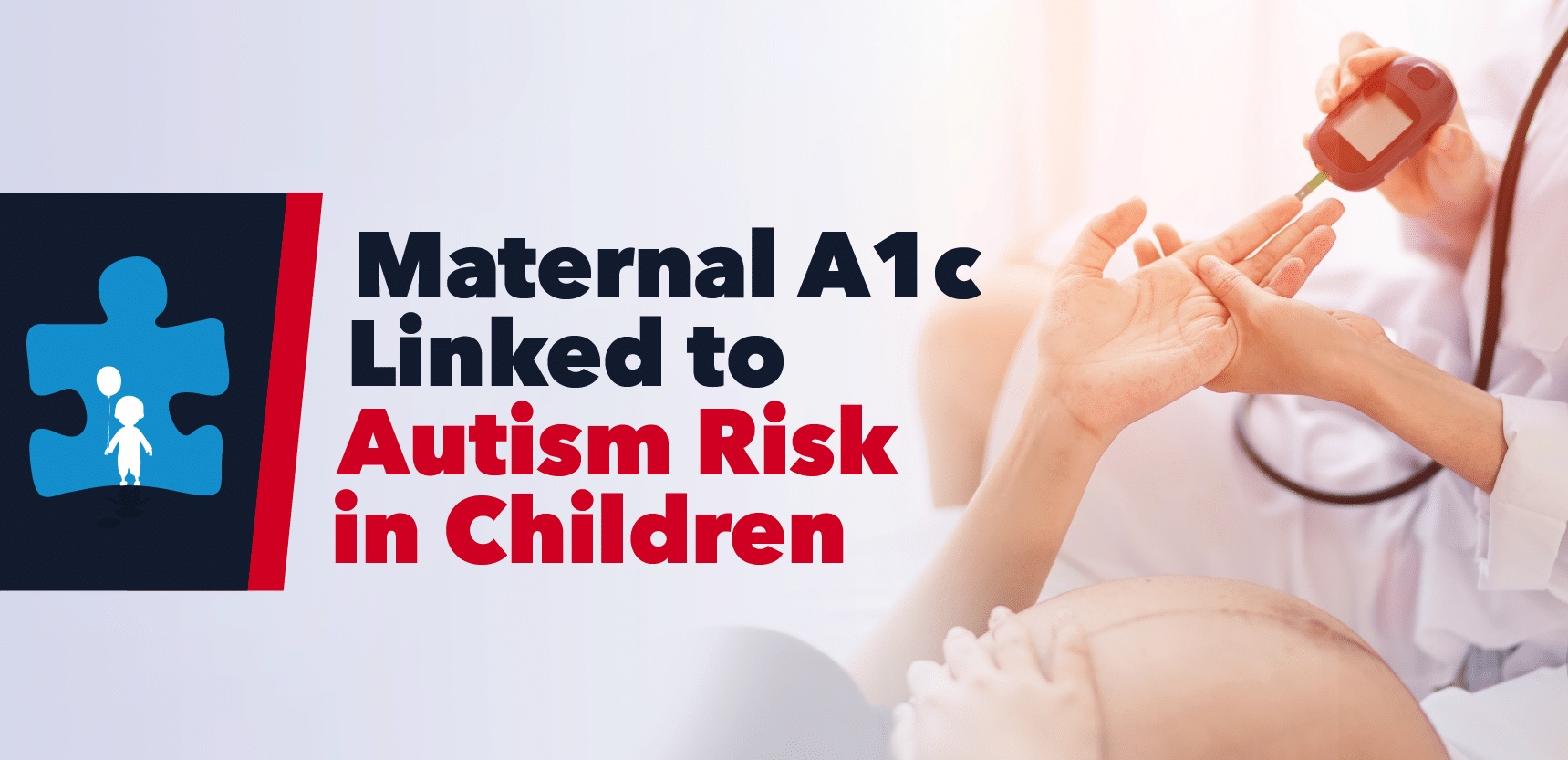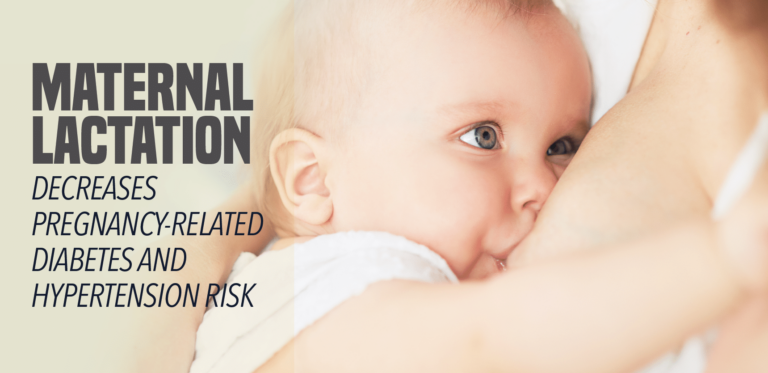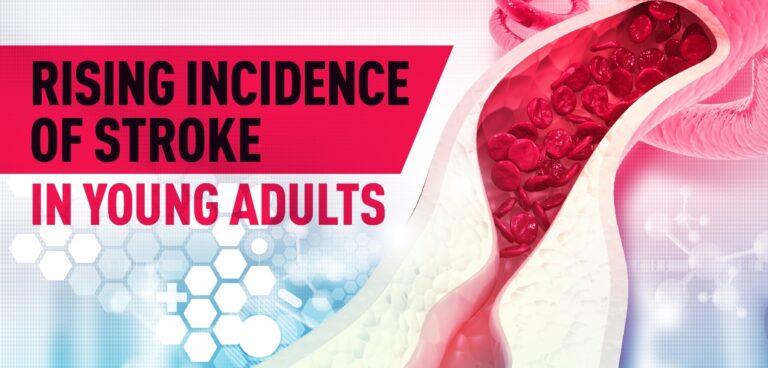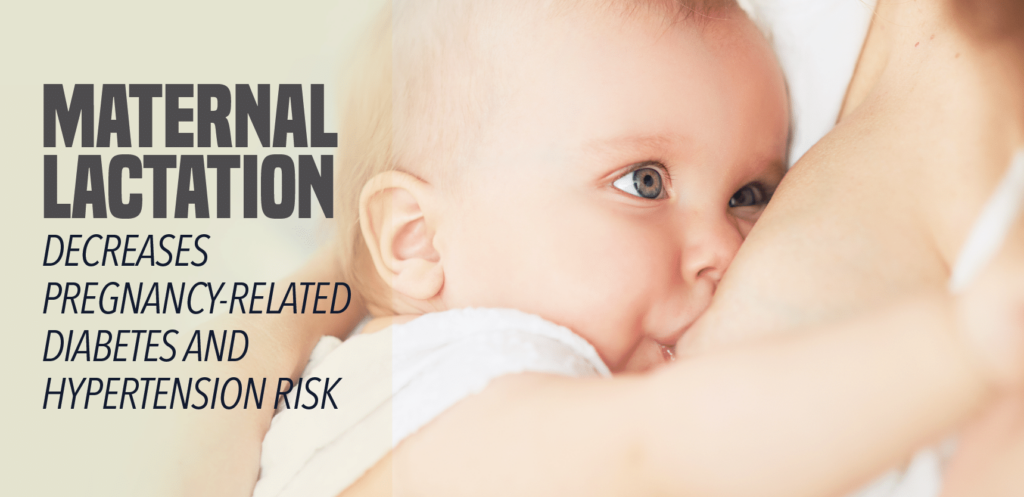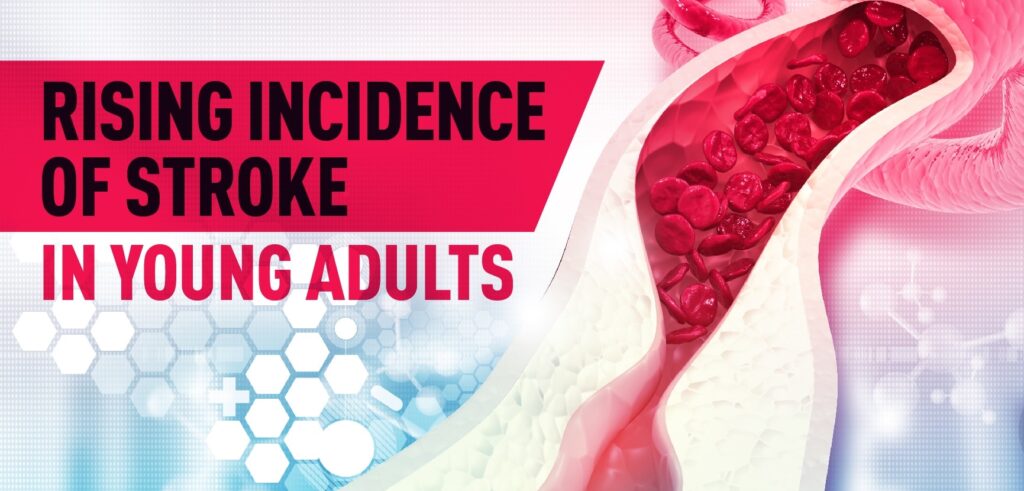Adults who had childhood bronchitis were more likely to receive a diagnosis of pneumonia or asthma later in life, according to research presented at the virtual European Respiratory Society International Congress.
Researchers analyzed the association between childhood bronchitis and adverse respiratory outcomes in middle-aged adults in Australia. The researchers analyzed data from the Tasmanian Longitudinal Health Study, which followed 8,583 people born in Tasmania in 1961. When participants joined the Tasmanian Longitudinal Health Study as children, researchers assessed lung function in all participants using a spirometer and parents responded to a questionnaire on whether their child had asthma or bronchitis by age 7 years. Participants were followed for an average of 46 years. Participants responded to surveys in 2004 and again from 2012 to 2016, and some participants underwent further clinical examination, including spirometry before and after using a bronchodilator.
The researchers categorized participants into four groups based on parent-reported childhood bronchitis by age 7 years: no bronchitis (n = 1,682); nonrecurrent bronchitis, with one to five episodes lasting less than a month (n = 902); recurrent bronchitis, with at least six episodes lasting less than a month (n = 579); or protracted recurrent bronchitis, with six or more episodes lasting longer than a month (n = 42).
“Increased prevalence of self-reported asthma ever, current asthma at age 53 and doctor-diagnosed asthma ever corresponded with increasing severity of childhood bronchitis,” Jennifer Perret, PhD, researcher in the Allergy and Lung Health Unit at University of Melbourne, Australia, said during a presentation.
In the reference group that did not have childhood bronchitis, the prevalence of chronic bronchitis in the previous 2 years or current asthma within the past year by the time participants reached the average age of 53 years was 5%and 8.5%, respectively, and the prevalence of ever having pneumonia or asthma diagnosed by a physician was 14% and 19%, respectively, according to a press release.
Compared with the reference group, participants with protracted recurrent bronchitis as children had 3.2-fold increased risk for pneumonia, 6.4-fold increased risk for developing asthma and a 4.5-fold increase risk for current asthma, Perret reported.
“The associations with asthma and pneumonia strengthened with increasing severity of childhood bronchitis,” Perret said in the release. “However, there was no statistically significant link between childhood bronchitis and chronic bronchitis in middle-age. This was an unexpected finding and further study would be informative.”
The link between childhood bronchitis and lung function in middle age was also less clear. When the researchers assessed how well the lungs functioned without a bronchodilator in middle age, they found that the association between childhood bronchitis and worse lung function became stronger the more often a participant had bronchitis as a child. However, Perret noted the low number of participants in this study who had protracted recurrent bronchitis as children to estimate with confidence the associations for this subgroup. Perret said there are plans to further study whether this and other associations remain after exclusion of participants who also had a history of childhood asthma or wheezing.
This study is limited by parent-reported retrospective data, Perret said.
“Overall, our findings suggest that childhood bronchitis may contribute to adult lung diseases, especially if the episodes are recurrent and protracted and this is seen with and without the presence of childhood wheezy breathing,” Perret said.


